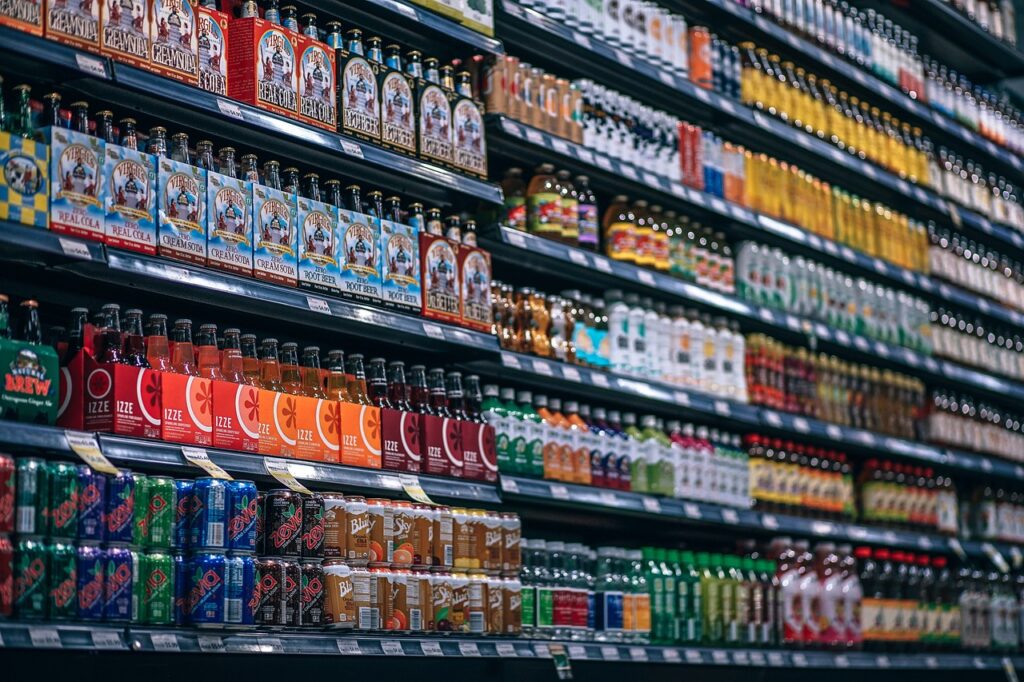Why So Many Medications Are Suddenly Hard to Find
If your pharmacy has been out of your regular medication lately, you’re far from alone. The U.S. is experiencing a troubling wave of prescription drug shortages—affecting everything from children’s antibiotics to cancer treatments to common ADHD meds.
In fact, the American Society of Health-System Pharmacists is tracking hundreds of ongoing shortages, many of them essential to everyday care. Some families are having to call five or more pharmacies to track down an antibiotic for their child. Seniors are being told their blood pressure or diabetes medication won’t be back in stock for weeks. And it’s not just niche or specialty drugs—these are widely used medications with millions of patients depending on them.
So what’s behind the shortage? Experts point to a few overlapping issues:
- Global supply chain disruptions that began during the pandemic and haven’t fully recovered
- Consolidated manufacturing—with a small number of companies making critical ingredients
- Quality control problems that can pause production for weeks or months
- Rising demand for certain medications, like Ozempic and Adderall, driven by expanded use or off-label trends
It’s a perfect storm—and it’s putting extra strain on patients, caregivers, and the entire healthcare system.
Who’s Feeling It Most: Kids, Seniors, and Everyone in Between
When essential medications disappear from shelves, the effects ripple fast. For parents, it might mean running to multiple pharmacies when their child is sick. For older adults, it can mean delayed treatment for chronic conditions or the stress of switching to less familiar alternatives.
Here’s how some of the most vulnerable groups are being impacted:
- Parents of young kids are struggling to find basic antibiotics and fever reducers. Some are being told to split adult tablets or try less-effective second-line options.
- Older adults face gaps in access to medications for diabetes, high blood pressure, or cancer. For those on tight budgets or with mobility issues, the hunt for a replacement can feel overwhelming.
- Caregivers are being left to navigate confusing shortages without much guidance from overwhelmed pharmacies or insurers.
Beyond the frustration, these shortages can have serious health consequences. Missed doses or unexpected medication switches can lead to complications, hospitalizations, or relapse—especially for those with fragile health.
Inside the Politics of the Drug Supply Chain
The crisis has caught the attention of lawmakers. In recent months, Congressional hearings have zeroed in on the vulnerabilities in America’s pharmaceutical supply chain. Many generic drugs rely on overseas manufacturers, often in just one or two factories. If even one goes offline, the impact can be huge.
The FDA has some authority to mitigate shortages—by allowing temporary imports, expediting approvals, or working with manufacturers—but its tools are limited. Critics argue that the U.S. needs a national strategy to stabilize the drug supply, possibly including:
- Incentives for U.S.-based manufacturing
- Stockpiling critical medications
- More transparency in production and distribution
Several bills are under discussion, but the situation remains fragile.
What You Can Do If Your Medication Is on Backorder
If you’ve been affected by a prescription drug shortage, here are some steps you can take now:
- Call ahead to pharmacies before showing up—some may have limited stock or helpful suggestions.
- Ask your doctor or pharmacist about alternative formulations or generic equivalents.
- Use online tools or apps that let you compare availability at different pharmacies.
- Act early. If you know you’re due for a refill, don’t wait until the last minute.
In some cases, doctors may be able to write a prescription for a similar drug—or help you safely adjust your dose until your usual medication becomes available again.
Though the crisis is complex, growing awareness is putting pressure on regulators and the pharmaceutical industry to find more lasting solutions. Until then, advocating for yourself and staying informed is key.








